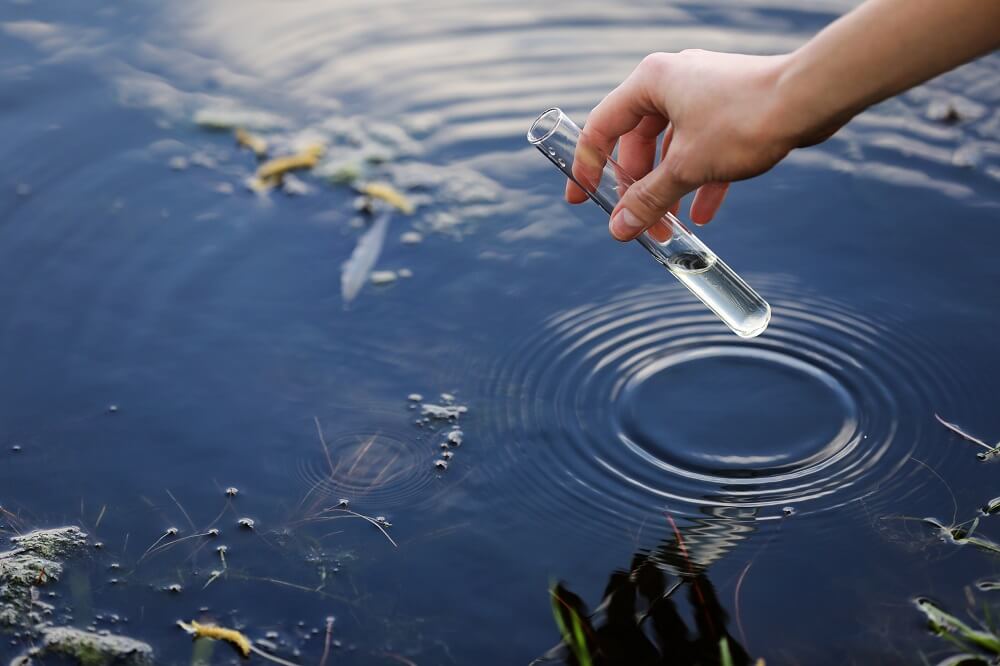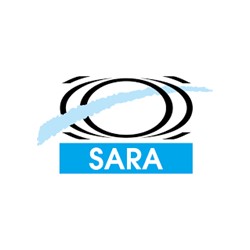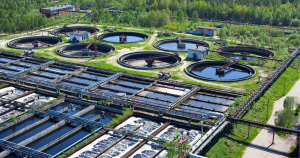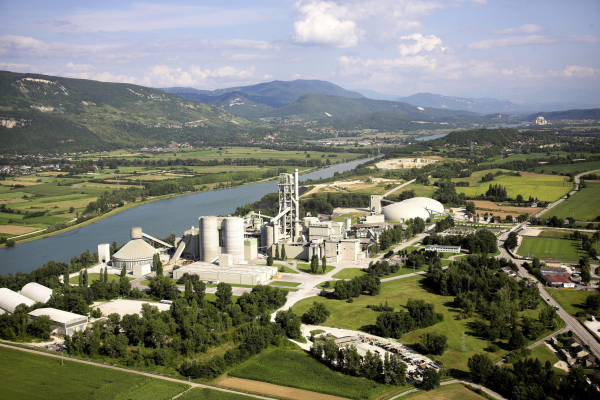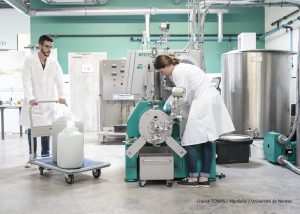SARA wanted to identify new strains of local microalgae. An engineer in biotechnological studies from Capacités took samples from different bodies of fresh water in French Guiana. Multiple strains were purified and cultured on the AlgoSolis R&D platform in Saint-Nazaire, France.
In order to produce third-generation biofuel, SARA needed to optimize the strains’ metabolism so they would accumulate a high volume of lipids. Capacités’ engineers implemented parameters that induced physiological stress on the culture media, which forced the biomass to react and accumulate more lipids. By using nitrogen deficiency and high light intensity to induce stress, they modified one particular strain’s metabolism to make it accumulate 70% of its weight in lipids.
They used miniaturized EOSS-photobioreactor technology to compare the biomass productivity of different strains that were cultivated in identical conditions, but without stress. Then they compared their capacity to accumulate lipids in cultures deficient in nitrogen and subjected to high light intensity.
This project resulted in confirming the potential for two kinds of microalgae to produce biofuel. The culture scale-up begins in 2021 on an industrial demonstrator built at the SARA site in French Guiana.
To successfully complete this project, the Capacités’ experts benefited from support and technical equipment from the GEPEA, joint research unit of Université de Nantes, Oniris, IMT Atlantique and CNRS (The French National Centre for Scientific Research).

